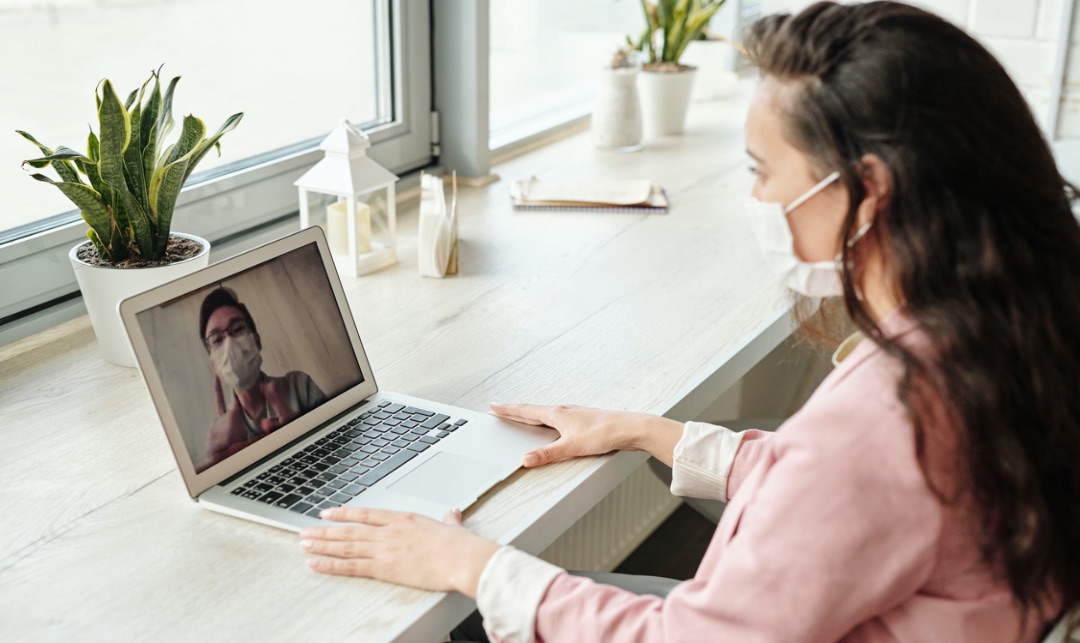As we ride the emotional roller coaster of lockdowns, closures, and partial openings only to close again the next day, no clarity on whether haircuts are legal, and having drive-thru again for dinner, we are all longing to go out and actually interact with other humans. In addition to this interaction, we really need to support local businesses, sporting events, and especially the restaurant, hospitality, and travel industries, which have been hit the hardest. We live in an “experience economy” and you can only experience so much through a video screen where you only have a head and torso. I am personally ready to give some much-needed attention to my bottom half, start wearing socks, shoes, and pants, and get out into the world.
So, what is the answer? Vaccines are here, but they are only a start and some say they may only be prophylactic or preventative in healthy people. Masks are helpful and now part of daily lives. In fact, I just received my first holiday card with the whole family wearing masks. But they are not the total solution. Getting tested? This is a major issue in itself, not just physically going to a clinic, but waiting for days for the results while you self-quarantine, or not.
Read more of Daniel Rastein’s thought leadership.
Several home test kits are in development or about to hit the market that claim to give rapid results in the privacy of your own home. All of these products are anchored by a proprietary “assay” that is heavily patented.
Don’t ostracize someone if they just sneeze or cough by shaking your head and giving them the evil eye.
An assay is simply a general term to describe a diagnostic technique. Some work by detecting a protein or antibody and others by detecting virus parts, such as genes, envelopes, or other markers. To be effective, it is also critical that they are able to differentiate between COVID-19 and influenza A/B.
The bigger question may be: How do we disseminate the results so that the tests can serve their purpose and protect all of us.? Most of these tests come with software or a website so that people can register and get their results electronically to print out or via an encrypted QR code on their phone. In theory, you can show the result or code from your phone to a restaurant, airline, concert, or sporting event for gate attendants or even automatic machines to scan with a reader.
As you can imagine, there are a lot of challenges and questions to address for this home-testing regime to work as planned, namely: distribution, cost, accuracy, privacy, and especially user error. Also, I believe there eventually needs to be some kind of standardization for these tests. Some are reusable, some are disposable, some are cheap, and some are not. It is important not to confuse users and make sure the software is accessible to everyone.
Is this the answer to getting back to a sort of “normal?” I believe it could be. I do know that airlines, cruise industry, hotels, concerts, and sporting events are chomping at the bit for a solution as well as the entire country of Japan, which intends to host the Summer Olympics next year.
Learn more about cassderma rx’s approach to health.
I want to close this article on a personal note. While the science is critical, we are going to get through this fully by being compassionate and supportive of each other. Don’t ostracize someone if they just sneeze or cough by shaking your head and giving them the evil eye. If someone doesn’t feel well, please, please as a first reaction don’t jump down their throats by repeatedly asking every five minutes if they got tested and what the result is. Instead, offer to make them soup, encourage them to rest, provide a few crossword puzzles, or ask how you can help them feel better. The road to normalcy is not far off, as long as we show respect for each other, trust in science, and keep practicing good hygiene. Happy 2021!














































